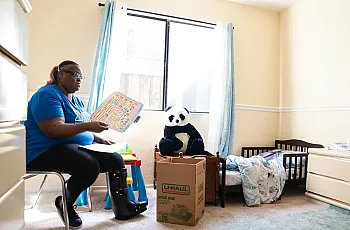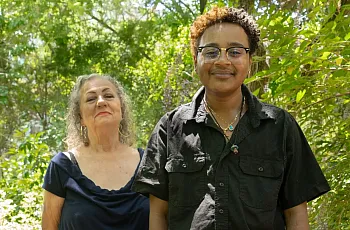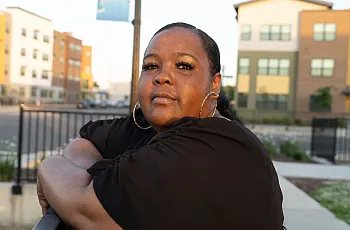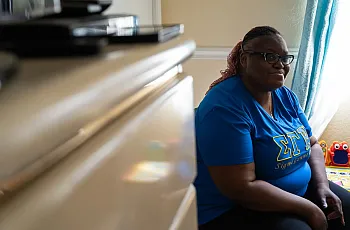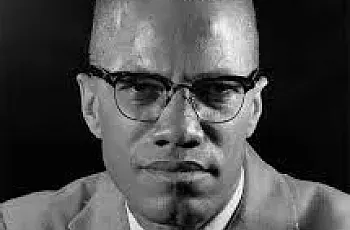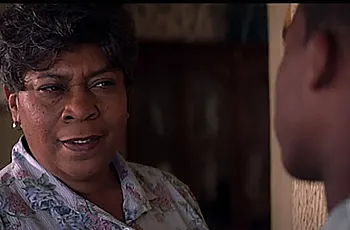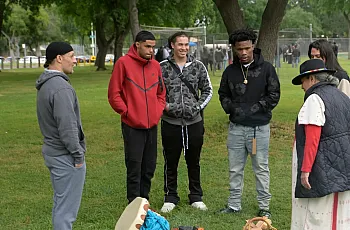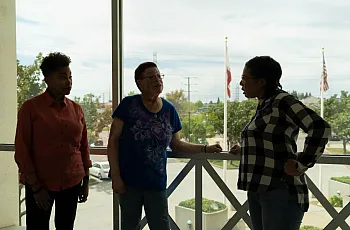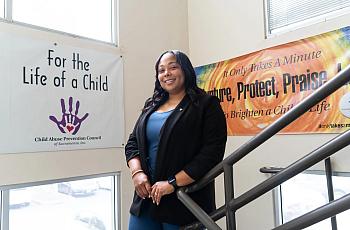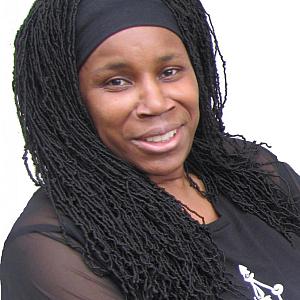
Genoa Barrow serves as senior staff writer at the Sacramento Observer, where she has reported for 25 years. She covers a range of topics, including government, politics, health disparities, education and the fight for social justice, highlighting the interests and concerns of the African-American community. Barrow’s reporting has been recognized by International Women of Color Day, the Sacramento Valley Section of the National Council of Negro Women, Sac Cultural Hub magazine, the Father’s Resource Center, and the Sacramento Chapter of the Black American Political Association of California. She received the 2023 Outstanding Investigative Reporting Award from Ethnic Media Services for her project as a Center for Health Journalism grantee of the Domestic Violence Impact Reporting Fund. She also was honored with the 2022 Best Media Coverage Award from the California Grand Jurors Association as well as the 2021 Carrie’s TOUCH Making A Difference Award for continued coverage and support of Black breast cancer survivors. Barrow also is a former California Health Equity Fellow with the Center for Health Journalism. She is the author of three books: “Daddy Issues: Black Women Speaking Truth & Healing Wounds,” “7 x 7: Kudos & Kwansabas: Something For My Sistahs,” and “Hey Lil Sis!,” an inspirational children’s book, which she also illustrated.

